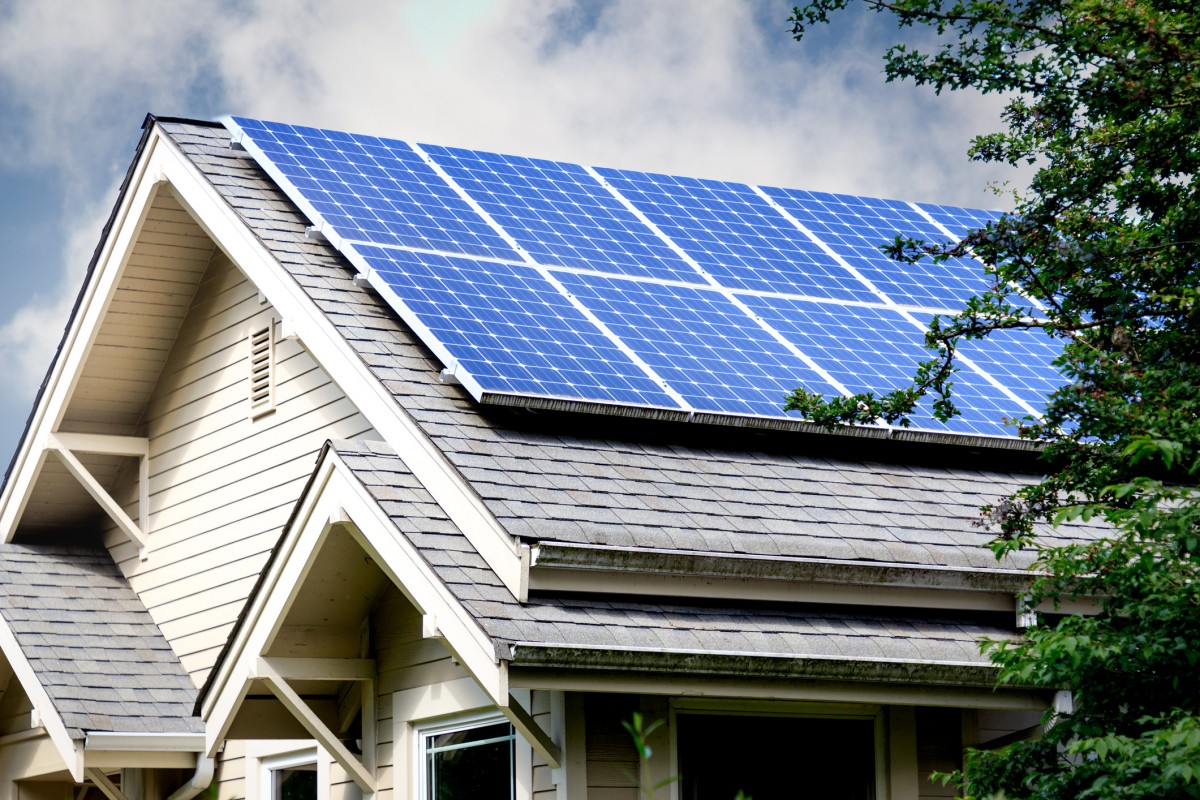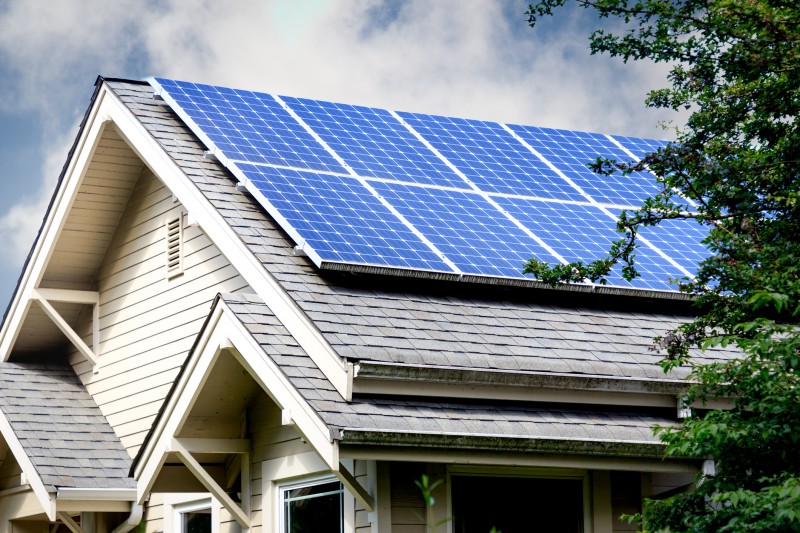We have all become more aware than ever of the human impact of our energy usage and carbon emissions in recent years. Governments and businesses across the world have set ambitious emission reduction targets over the coming decades to combat climate change. This, coupled with steeply rising energy prices globally, means there has never been a better time for homeowners to pay attention to the carbon footprints of their own properties.
There are lots of ways that you can make your home more environmentally friendly, and plenty of good reasons to do so. This generation of first-time buyers are more highly attuned to the issue of climate change than generations before them, and for many, this factors into their thinking when choosing a new home. As well as doing your bit to protect the environment, making your home more energy efficient can save you money in the long run.
Of the many ways that you can make your home a greener one, some of them require a little up-front investment, but many are low cost and easy solutions.
Go Solar
One of the biggest contributors to your carbon footprint will be your use of electricity, to light and heat your home and to power its appliances. Investing in photovoltaic panels means that you can reduce your reliance on energy from the grid – a large amount of which comes from the burning of fossil fuels. You’ll still be able to use power from the grid of course, but your energy bills will be significantly lower and eventually the solar panels will pay for themselves and add value to your home. If you generate more electricity than you use, you can even export it back to the grid, which Jersey Electricity will pay you for through their Buy Back Tariff.
Get Smart with your Energy Consumption
There are all sorts of tech solutions to reducing carbon impact of your home, but two of the most effective and commonly used are smart heating controls and smart meters. Jersey Electricity’s smart meters record your electricity usage and allow you to monitor your usage via the My JE app – you can decide how much data is recorded, can enable half-hour profiling to produce detailed graphs and charts on your usage, and identify any unnecessary energy use. Smart heating controls, on the other hand, monitor patterns of usage and the environmental temperature of your home to make automatic adjustments - meaning you don’t waste electricity, reduce your bills and do your bit for the environment.
Insulate your Home
One of the best ways to reduce the energy used to heat your homes is to make sure less of it escapes. One of the easiest and cheapest ways of doing so is by using draught excluders on your doors, or products like insulation film on your windows. Larger jobs and bigger investments, which will reduce your energy bills, include wall, floor and loft insulation (up to 25% of your heat can be lost via your roof so it may be a good idea to start here), and double or triple glazing your windows, so you have your heating turned down lower and for less time. Energy Saving Trust have some useful information on this topic.
Invest in a Heat Pump
Heat pumps are growing in popularity, and are increasingly seen as one of the key solutions to reducing our overall reliance on fossil fuels to heat our homes. Heat pumps basically work like a refrigerator in reverse. Air is extracted from the outside environment, and its heat is absorbed by a fluid in the device and then passed through a compressor. Replacing your boiler with an air or ground source pump will reduce your running costs, and significantly reduce your carbon emissions. There’s a very good chance most homes will have heat pumps instead of gas boilers in the coming years, so why not get in on the act now?
Switch your lights to LED bulbs/energy-saving lightbulbs
Lighting can account for almost a fifth of the energy usage of the typical home, so fitting energy-saving lightbulbs is a very effective way to bring your usage down. LED bulbs are generally considered the best way to go and although they cost more than a regular bulb, you will rarely have to change it – many last up to fifteen years and more. A cheaper alternative is a CFL (Compact Fluorescent Lamp), which is not quite as efficient as an LED bulb, but much more so than standard halogens.
Composting
We hear a lot about the contribution of carbon dioxide towards climate change, but methane is an even more potent gas which has a huge impact on rising global temperatures, with a vast amount coming from food waste. In landfills, food rots and produces methane – almost 3% of all global greenhouse emissions comes from consumer food waste. A simple and effective way your household can play a part in reducing these emissions would be to buy a compost bin for your leftover food. The compost can then be used to fertilise your vegetable patch. Easy! For more ideas and handy tips on how to reduce food waste, please visit this website.
If you’ve done all this (and maybe more), why not contact us for a free verbal valuation of your property?


